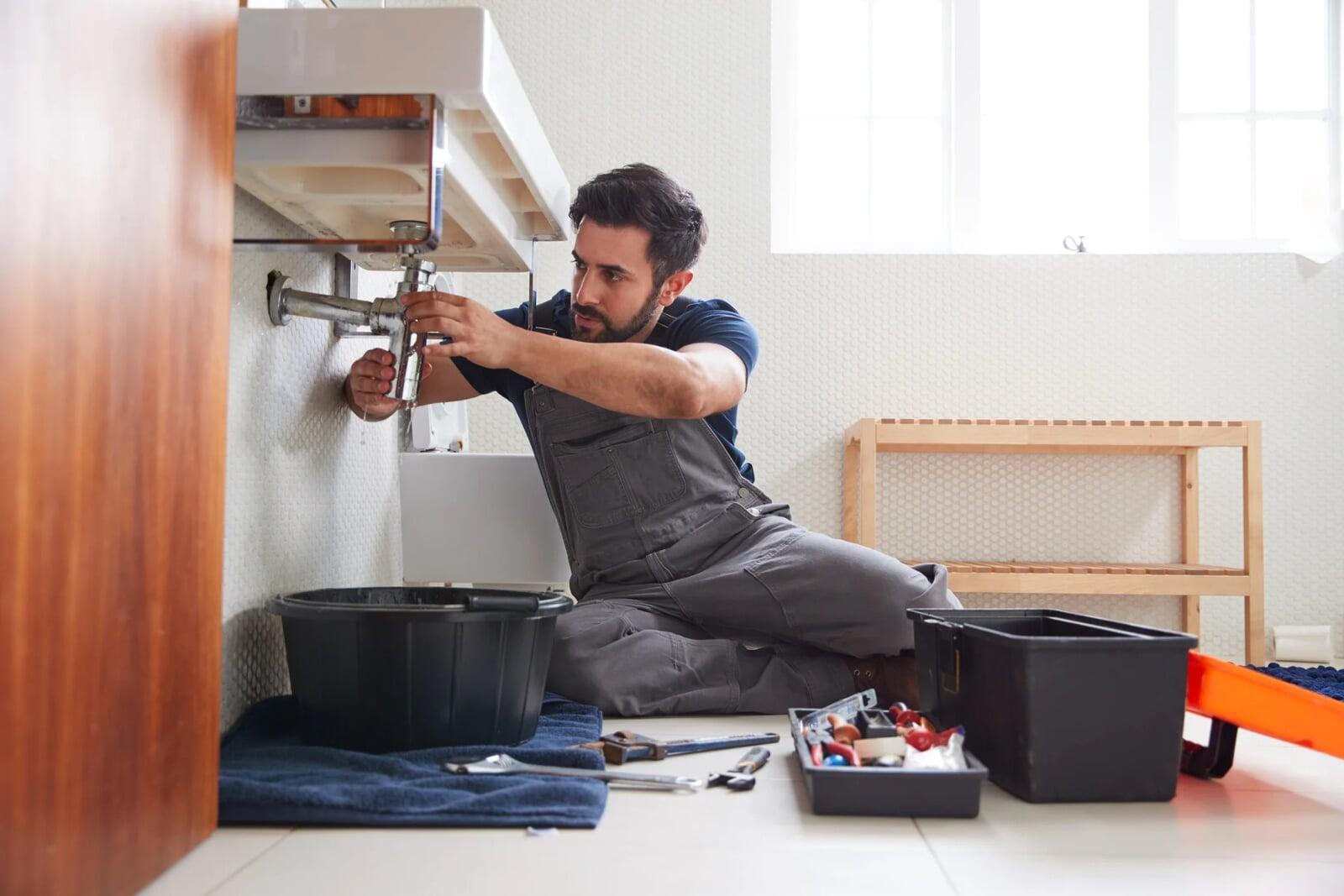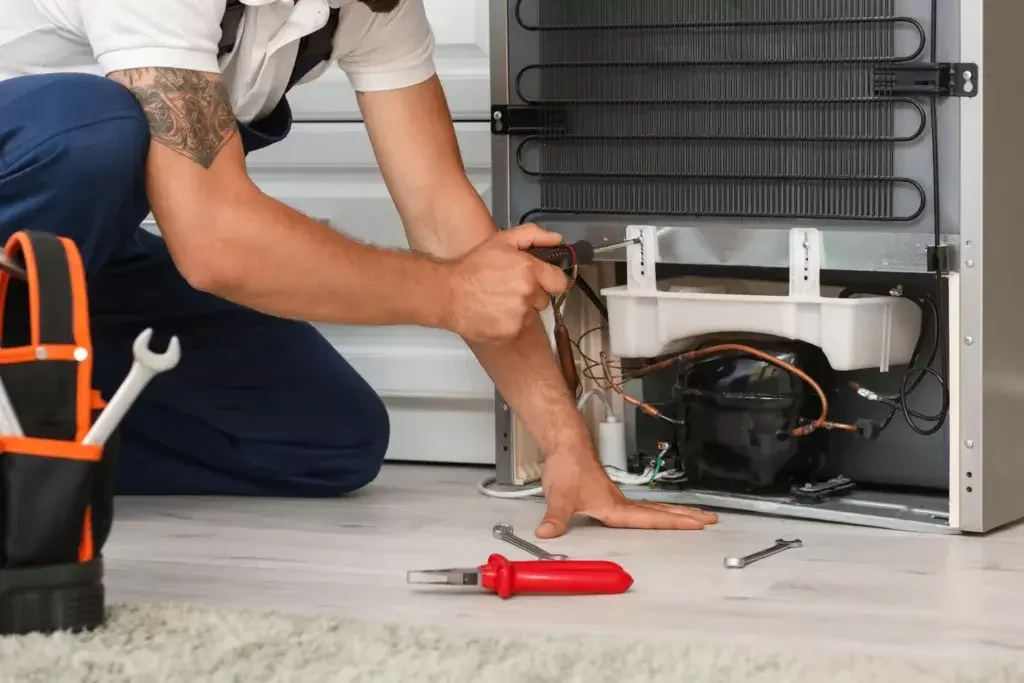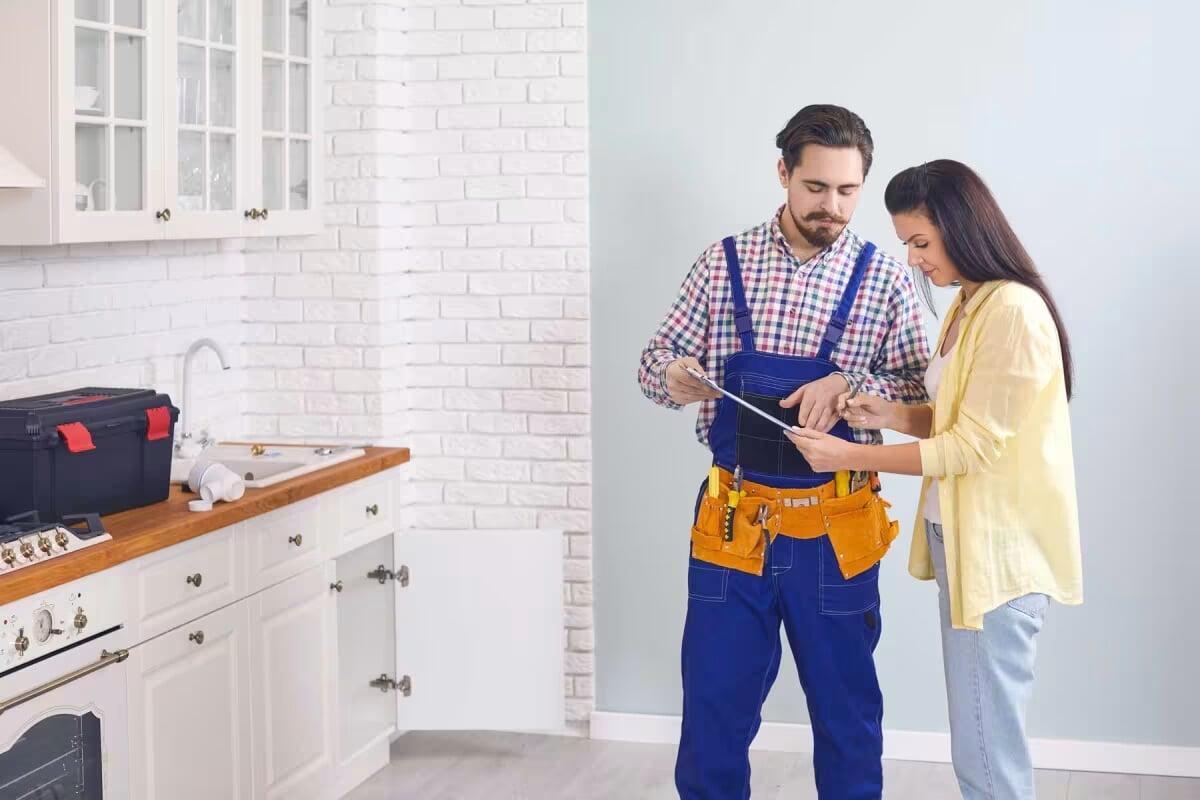Commonly forgotten preventative maintenance tasks that can help you avoid costly repairs and keep your home in top shape.

Owning a home is one of the most significant investments you’ll ever make, but protecting that investment means keeping up with more than just the obvious repairs. While most homeowners remember to mow the lawn or change HVAC filters, there are dozens of lesser-known maintenance tasks that can prevent costly damage, keep your home safe, and extend the life of your systems and appliances.
At Melody Lane Home Pros, we believe in empowering homeowners to stay proactive, whether you hire a handyman, use a home maintenance concierge service, or do it yourself. This guide covers 10 often-overlooked tasks, including tips for Seattle, Austin, and Los Angeles homeowners who face unique regional challenges.
1. Clean and Inspect Your Dryer Vent (Not Just the Lint Trap)
Why it Matters
According to the U.S. Fire Administration, clogged dryer vents cause nearly 3,000 home fires each year. Lint can build up in the vent hose and wall duct, reducing efficiency and creating a fire hazard.
How Often
At least once a year, or more if you do frequent laundry.
Pro Tip
Unplug the dryer, disconnect the vent hose, and use a dryer vent cleaning kit or hire a professional. In humid climates like Seattle, check for mold growth around the vent exit.
Learn more about the importance of Dryer Vent cleaning
2. Flush Your Water Heater
Why it Matters
Sediment buildup can cause your water heater to work harder, shortening its lifespan and raising energy costs. In areas like Austin with hard water, buildup happens faster.
How Often
Once a year.
Pro Tip
Turn off the power or gas, attach a garden hose to the drain valve, and let the water run until it is clear. For tankless heaters, follow the manufacturer’s descaling procedure.
3. Test GFCI and AFCI Outlets
Why it Matters
Ground Fault Circuit Interrupters (GFCI) and Arc Fault Circuit Interrupters (AFCI) prevent electrocution and reduce fire risk. They can fail silently over time.
How often
Test every 3 months.
Pro tip
Press the “test” button, ensure power cuts off, then press “reset.” If an outlet doesn’t trip, replace it immediately.
4. Seal Gaps and Cracks in Exterior Caulking
Why it Matters
Gaps allow moisture, pests, and air leaks into your home. In Seattle, this can lead to mold growth; in Austin, it increases cooling costs; in Los Angeles, it can worsen dust infiltration during wildfire season.
How Often
Inspect twice a year, spring and fall.
Pro Tip
Use high-quality, weather-resistant exterior caulk. Check around windows, doors, siding seams, and utility penetrations.
5. Lubricate Garage Door Springs and Tracks
Why it Matters
Dry springs and tracks increase strain on your garage door opener and can lead to sudden breakage, a safety hazard, especially for retirees or anyone with limited mobility.
How Often
Every 6 months.
Pro Tip
Use a silicone-based spray lubricant, not grease, to avoid attracting dust.

6. Clean Refrigerator Coils
Why it Matters
Dust and pet hair buildup make your fridge work harder, wasting energy and shortening its life.
How Often
Every 6 months.
Pro Tip
Pull the fridge away from the wall, unplug it, and vacuum the coils. In LA’s wildfire-prone areas, fine ash particles can accumulate faster, so check more often during fire season.
7. Inspect Attic and Crawl Space Ventilation
Why it Matters
Poor ventilation leads to condensation, mold growth, and higher cooling costs. Seattle’s damp climate and Los Angeles’s wildfire debris can both cause problems.
How Often
Annually.
Pro Tip
Check for blocked vents, damaged insulation, or signs of pests. Use moisture meters to detect hidden dampness.
8. Drain Outdoor Faucets and Irrigation Systems Before Freezing
Why it Matters
Frozen pipes can burst, causing thousands in water damage. This is a critical task for Austin homeowners during rare but destructive cold snaps.
How Often
Every fall, before freezing temperatures.
Pro Tip
Disconnect hoses, shut off outdoor water lines, and use insulated faucet covers.
9. Replace or Clean Range Hood Filters
Why it Matters
Grease buildup reduces kitchen ventilation and increases fire risk.
How Often
Clean metal mesh filters monthly; replace charcoal filters every 6 months.
Pro Tip
Wash metal filters in warm, soapy water or run them through the dishwasher.
10. Check Smoke and Carbon Monoxide Detectors — Including Expiration Dates
Why it Matters
A working alarm can be the difference between life and death. Many homeowners test alarms but forget that sensors expire after 7–10 years.
How Often
Test monthly, replace batteries yearly, replace units every decade.
Pro Tip
Mark installation dates on each device. Retirees should consider interconnected alarms for extra safety.
Regional Concerns Table
| Location | Common Risks | Special Maintenance Tips |
| Seattle, WA | Mold, moss, excessive moisture | Clean roof/moss annually, check crawlspace humidity |
| Austin, TX | Flash freezes, hard water | Insulate outdoor plumbing, descale appliances often |
| Los Angeles, CA | Wildfire smoke, dust storms | Install HEPA filters, inspect roof vents for ember guards |
How to Keep Up with All This (Without Feeling Overwhelmed)
Between work, family, and everyday life, keeping track of these maintenance tasks can be challenging. Here are a few ways to simplify:
Use a home maintenance portal or app (like The Melody Lane Hub!) to track what’s been done and schedule reminders.
Bundle tasks seasonally, for example, clean dryer vents, change HVAC filters, and check smoke detectors every spring and fall.
Hire a home maintenance concierge or handyman service for quarterly or annual visits. Even if you don’t use Melody Lane Home Pros, having a professional inspect your home regularly can prevent expensive surprises.
Set up automations like smart leak detectors, Wi-Fi-connected smoke alarms, and appliance maintenance alerts.
Home Maintenance for Retirees and Aging in Place
For older homeowners, staying proactive is especially important for both safety and avoiding contractor scams.
Key considerations
Install grab bars, non-slip flooring, and brighter lighting.
Schedule regular safety inspections to catch hazards like loose railings or faulty outlets.
Keep a trusted list of vetted service providers to reduce vulnerability to high-pressure sales tactics.

Why Proactive Maintenance Saves You Money
Ignoring minor issues often leads to major repairs. A $15 caulk job can prevent a $5,000 water damage bill. Flushing a water heater costs nothing but can extend its life by years. Studies by the Joint Center for Housing Studies at Harvard University show that preventative maintenance can reduce total home repair costs by up to 50% over the long term.
Don’t Wait for a Problem to Find You
Homeownership isn’t just about fixing things when they break, it’s about preventing those breaks in the first place. By adding these overlooked tasks to your seasonal checklist, you can protect your investment, save money, and keep your family safe.
If you’d like help staying on top of your home’s needs, visitMelody Lane Home Pros to learn more about our concierge and handyman services in Seattle, Austin, and Los Angeles. Whether you choose to hire us, do it yourself, or work with another professional, the most important thing is that these tasks get done.

